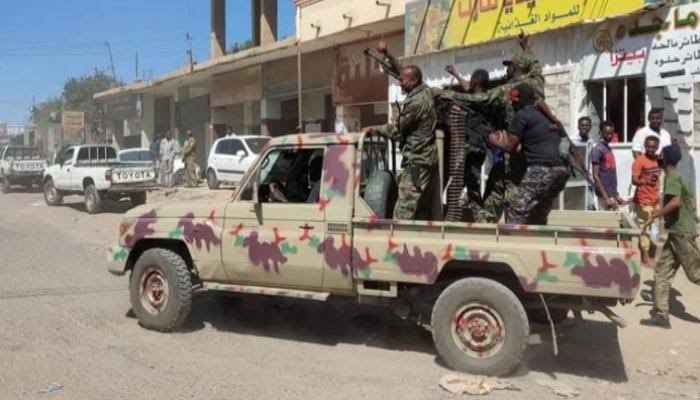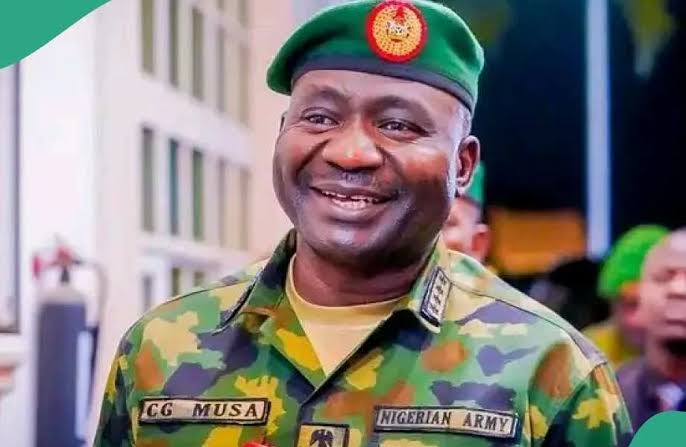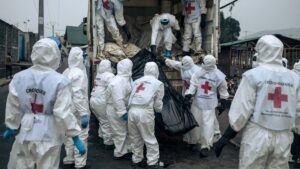Residents of Khartoum, the capital of Sudan, report that the army has regained significant portions of the city from the RSF paramilitary forces, marking its most substantial achievement in the past year. A doctor, referred to as Mustafa, shared with the BBC, “Shrapnel and stray ammunition are falling on my neighborhood. The clashes these days are intense.”
This week, the army has successfully recaptured key locations, including the mint where currency is produced. As of now, the RSF maintains control over most of central Khartoum, while the army has secured the majority of the surrounding tripartite capital, which includes Omdurman, Bahri, and Khartoum itself.
Following the near-total reclamation of the vital state of Gezira, the army is optimistic about its ability to seize control of the capital and end the RSF’s nearly two-year siege. Army leader and de facto ruler Gen Abdel Fattah al-Burhan declared on Tuesday, “Very soon there will be no rebels in Khartoum.”
The urgency for a resolution to this conflict is palpable. Aid organizations report widespread starvation across the nation, with over 100,000 individuals in Khartoum alone suffering from famine, according to UN-supported researchers.
Since the outbreak of war nearly two years ago between Gen Burhan and his former deputy, Mohamed Hamdan “Hemedti” Dagalo, who leads the RSF, approximately 12 million people have been displaced, and tens of thousands of civilians have lost their lives. International aid agencies label Sudan as facing the worst humanitarian crisis in the world.
They assert that both the army and the RSF are responsible for committing severe atrocities against innocent civilians, including allegations of genocide by the RSF in Darfur. Both factions, however, deny these claims.
The army has received a warm reception from many residents in the areas it has recently regained control over, particularly as the RSF faces widespread accusations of committing atrocities, including murder and sexual violence against civilians in Khartoum, along with looting the homes of those who have fled the city.
The RSF has dismissed reports of the army’s progress as “falsehoods and fabrications,” a claim they have made consistently prior to each of their recent retreats. Analysts attribute the army’s recent achievements to an increase in personnel and the acquisition of additional weaponry. The reclaiming of the besieged army headquarters earlier this month was also a significant victory.
Read more: Nearly 3,000 people killed after rebels seize key city in DR Congo, UN says
However, the army’s ousting of the paramilitary group from the central city of Wad Madani in January was overshadowed by accusations of extrajudicial killings and retaliatory attacks against individuals suspected of being RSF informants or supporters. This situation has understandably heightened concerns among some residents of Khartoum about their own safety.
“When you browse social media and witness the violence, anyone who has done something wrong must feel anxious,” Mustafa shared with the BBC.
“Some individuals guided fighters to people’s residences. Others allied with the RSF, stealing possessions, instilling fear, and even holding women captive as sex slaves. They committed atrocious acts. Are they fearful of what lies ahead? Absolutely.”
Yet, the distinction between being perceived as a collaborator and the instinct for survival during wartime can be precarious.
“I worry for my cousin,” Amir expressed, residing in Omdurman, Khartoum’s neighboring city across the River Nile.
“He is neither a collaborator nor an informant; he often interacts with these individuals [the RSF] to care for his mother and children. Will the army slaughter him, or will he be spared?”
For the time being, as the army advances and Sudan’s future remains uncertain, all Mustafa and Amir can do is wait.






